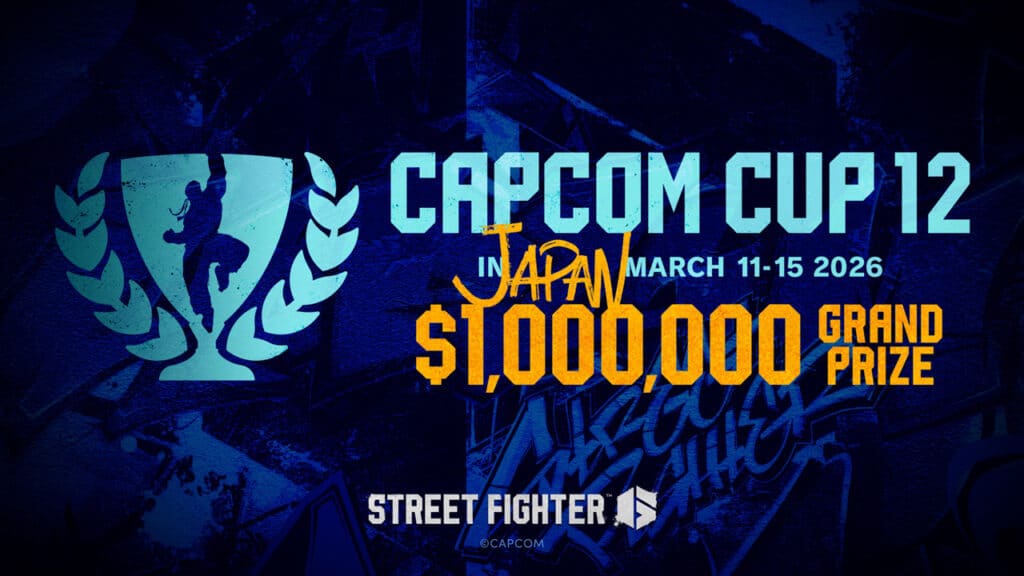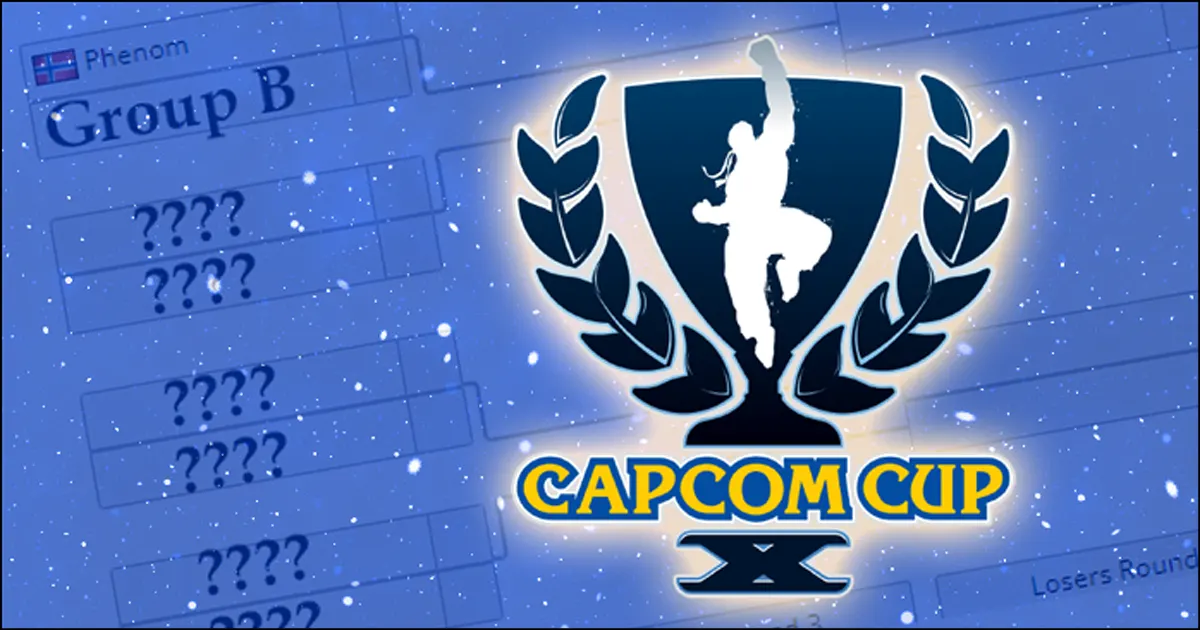The digital arena of competitive gaming, particularly within the passionate confines of the Fighting Game Community (FGC), thrives on accessibility. For years, major tournaments like the Capcom Cup have served as open spectacles, uniting fans and competitors worldwide through free live streams. This long-standing tradition, however, appears to be on a collision course with Capcom’s latest business strategy for the Street Fighter 6 Capcom Cup 12 Finals and the SFL: World Championship, slated for March 2026.

The visual identity of Capcom Cup, now associated with a controversial new monetization strategy.
The Announcement That Shook the Community
On September 28th, Capcom Fighters delivered news via X (formerly Twitter) that would quickly become a lightning rod for controversy: the Capcom Cup 12 Finals and SFL: World Championship, both premier events for Street Fighter 6, would transition to a pay-per-view (PPV) streaming model. While free replays would become available a week after the live broadcasts, the immediate reaction from the FGC was overwhelmingly negative, painting the decision as a significant misstep.
A Cultural Divide in Monetization
The concept of pay-per-view isn`t foreign to the entertainment industry, nor is it entirely absent from esports, especially in certain regions. In Japan, for instance, charging for high-profile esports events carries a different cultural weight and acceptance. However, Capcom`s attempt to apply this model globally, particularly to the North American and broader Western FGC, has been met with a resounding “no.”
“The rest of the world does not have Japan’s culture. This will be the biggest PR nightmare for your brand. Good luck with that.”
This sentiment, echoed by numerous fans, highlights a crucial cultural disconnect. The FGC outside Japan has largely been built on an ethos of shared experience, communal viewing, and accessible competition. Introducing a paywall, even with delayed free access, is perceived as a barrier to entry for casual fans and a betrayal of the community`s foundational values.
The Community`s Core Concerns: More Than Just Money
Beyond the simple act of charging money, the FGC`s anger stems from several deeper issues:
- Alienation of the Fanbase: Street Fighter 6 has enjoyed significant growth in popularity, attracting new players and viewers. A PPV model risks deterring this expanding audience, potentially stifling the game`s competitive growth.
- Erosion of Co-streaming Culture: A cornerstone of the FGC`s vibrant online presence is co-streaming – players and commentators reacting to live tournaments, fostering a sense of community and engagement. PPV inherently restricts or complicates this, fundamentally altering how fans interact with the event. As one prominent pro player reportedly noted, “They should’ve just banned restreams from non-authorized channels and kept it the same,” implying a less disruptive alternative.
- Perception of Greed: With Street Fighter 6`s success, many in the community view the PPV decision as Capcom capitalizing on its goodwill without adequately investing back into the accessible, grassroots nature that nurtured its popularity.
Alternative Paths to Profit: A Community Perspective
The FGC isn`t inherently opposed to monetization; it simply advocates for methods that align with its values. Suggestions from the community have included:
- Exclusive In-Game Content: Selling unique character costume packs or cosmetics tied to the Capcom Cup during the event could generate significant revenue while keeping the main stream free and universally accessible. This method allows fans to support the game and its esports scene voluntarily, receiving tangible value in return.
- Tiered Access & Premium Content: Instead of a full PPV, offer a free base stream with optional paid tiers for enhanced features, exclusive interviews, behind-the-scenes content, or higher quality feeds.
- Sponsorships & Advertising: Leveraging increased viewership through traditional esports sponsorships and advertising remains a potent, less controversial revenue stream.
These alternatives demonstrate a clear willingness from the community to support the ecosystem, provided the method doesn`t fundamentally disrupt the inclusive viewing experience.
The Unpredictable Future: Will Capcom Listen?
The intense backlash has put Capcom in a precarious position. The company now faces a critical decision: double down on its PPV plan, risking significant fan alienation and PR damage, or pivot in response to the community`s outcry. History suggests that a vocal, unified fanbase can indeed influence corporate decisions in the esports world. For now, the fighting sticks are down, and the community waits, hoping that Capcom values communal spirit as much as competitive spirit.

